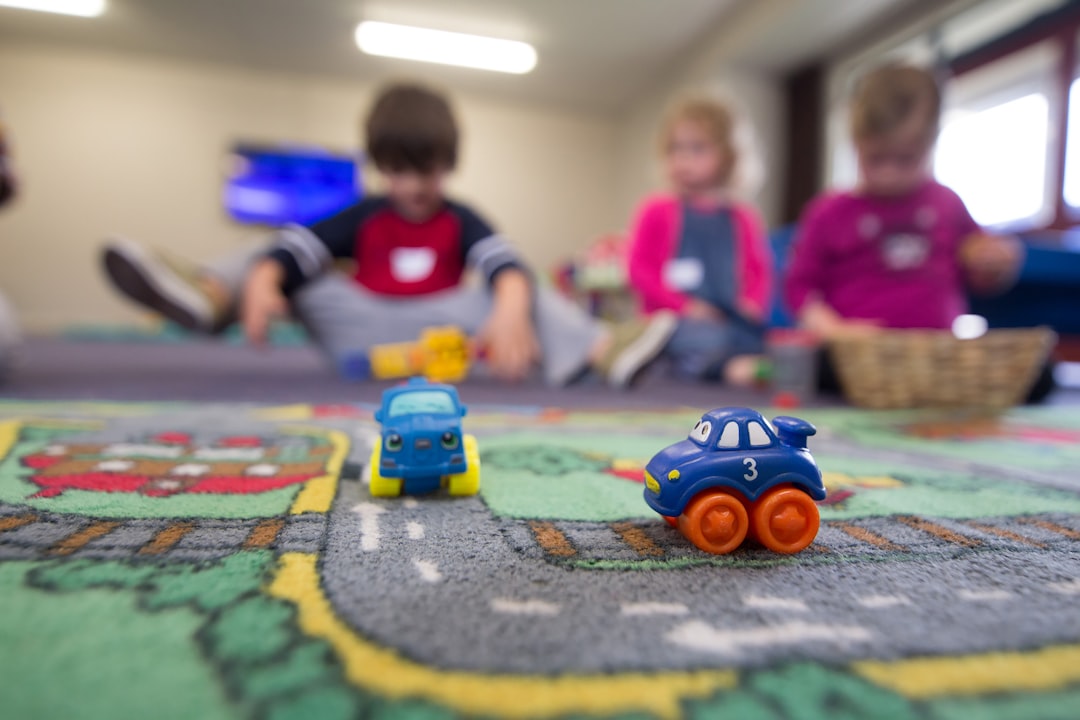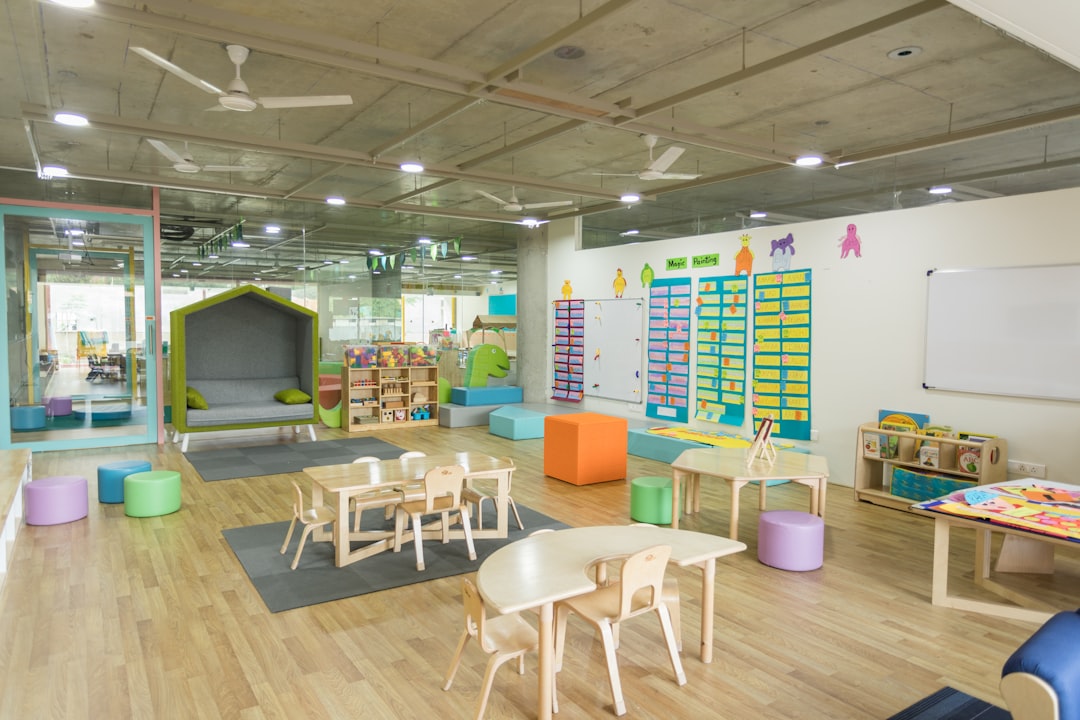Georgia's legal system protects children from daycare abuse through stringent laws, regular inspections, and specialized daycare abuse law firms. These firms hold perpetrators accountable, raise awareness, and promote safety standards. Case studies highlight successful lawsuits led by these firms, resulting in regulatory changes. To further strengthen protection, Georgia should focus on stricter regulations, caregiver training, technology implementation, and legal education for the public.
In Georgia, understanding the legal system’s role in protecting children is paramount. This article delves into Georgia’s comprehensive legal framework designed to safeguard minors, focusing on key aspects like the impact of daycare abuse lawsuits and the collective efforts of stakeholders to ensure child safety. By exploring successful cases, we identify strategies for future reforms, aiming to enhance Georgia’s safeguarding measures against daycare abuse, emphasizing the crucial collaboration between law firms, authorities, and caregivers.
Georgia's Legal Framework for Child Protection

In Georgia, the legal system plays a pivotal role in safeguarding children from abuse and exploitation. The state has established a robust framework to protect its young ones, with various laws and regulations tailored to this end. One key aspect is the strict enforcement of daycare abuse laws, ensuring that facilities providing care for children adhere to stringent safety standards. These regulations are designed to prevent any form of neglect or maltreatment within these institutions.
A prominent Georgia daycare abuse law firm highlights the importance of these legal measures in holding perpetrators accountable. The state’s legislation provides a comprehensive approach, encompassing not only daycare settings but also fostering a culture of awareness and prevention across various child-serving organizations. This includes regular inspections, licensing requirements, and strict penalties for violations, all geared towards promoting the well-being and security of Georgia’s children.
The Impact of Daycare Abuse Lawsuits

Daycare abuse lawsuits have brought significant attention to the critical role of the legal system in protecting children in Georgia. These cases highlight the need for stringent regulations and oversight in childcare facilities, ensuring the safety and well-being of young minds. When a daycare center fails to uphold these standards and engages in abusive practices, a specialized daycare abuse law firm steps in to seek justice. Such lawsuits not only compensate victims but also serve as deterrents, sending a clear message that negligence and misconduct will not be tolerated.
The impact of these legal actions extends beyond individual cases. They foster a culture of accountability, pushing daycare providers to adhere to stricter safety protocols and best practices. In Georgia, where the legal system has been proactive in addressing daycare abuse, children are better protected from potential harm. This, in turn, gives parents peace of mind, knowing their children are in trusted hands.
Roles of Key Stakeholders in Child Safety

In ensuring child safety, several key stakeholders play crucial roles in Georgia. Daycare centers, as institutions entrusted with children’s well-being, are subject to stringent regulations and inspections by state authorities. These checks help maintain standards that safeguard children from potential harm and abuse. A reputable daycare abuse law firm in Georgia also contributes significantly. Such legal experts specialize in protecting victims’ rights and holding perpetrators accountable through litigation and advocacy.
Parents or guardians bear the primary responsibility for their children’s safety, both at home and in external settings. Staying informed about relevant laws and regulations empowers them to recognize potential dangers and take preventive measures. Collaboration between parents, daycare providers, and legal professionals forms a robust framework that helps protect Georgia’s young population from abuse and neglect.
Exploring Case Studies: Success Stories

In Georgia, exploring case studies highlights successful instances where the legal system has effectively protected children from abuse, particularly in daycare settings. A prominent example involves a leading daycare abuse law firm that secured justice for several victims. Through meticulous investigation and robust legal strategies, they exposed a pattern of neglect and physical abuse at a well-established daycare center. This led to significant changes in state regulations, strengthening oversight and enforcement mechanisms to safeguard children’s welfare.
These success stories underscore the pivotal role of a vigilant legal system and dedicated law firms in Georgia. By holding perpetrators accountable and advocating for stringent protection measures, such cases send a powerful message that child abuse will not be tolerated. This, in turn, fosters an environment where daycare facilities are more responsible and responsive to the needs and safety of the children in their care.
Future Reforms for Enhanced Child Safeguarding

The legal system in Georgia plays a pivotal role in safeguarding children from abuse and exploitation, but there is always room for improvement. Future reforms should focus on strengthening existing laws and implementing new strategies to better protect our youngest citizens. One area of concern is the need for more stringent regulations and increased oversight in daycare settings. Many cases of daycare abuse have come to light, highlighting the gap in protection for children in these environments. A comprehensive approach could involve mandatory training programs for caregivers, regular unannounced inspections, and stricter penalties for violations.
Additionally, technology can be a powerful tool in enhancing child safety. Implementing advanced surveillance systems and digital monitoring solutions in public spaces and institutions can deter potential abusers. Furthermore, a centralized database that maintains records of both convicted offenders and at-risk individuals could enable better monitoring and early intervention. By combining these measures with ongoing legal education for the public, we can foster a culture of vigilance and responsibility, ensuring Georgia’s children receive the highest level of protection under the law.





